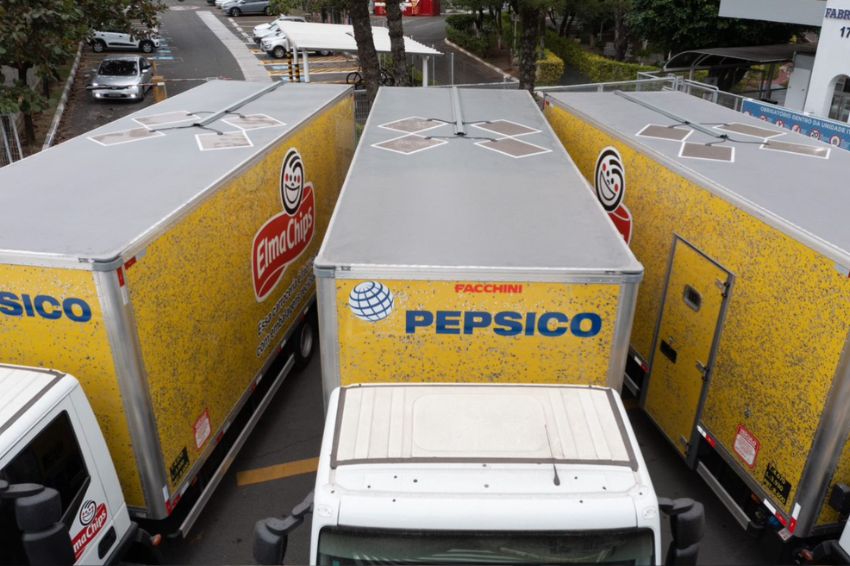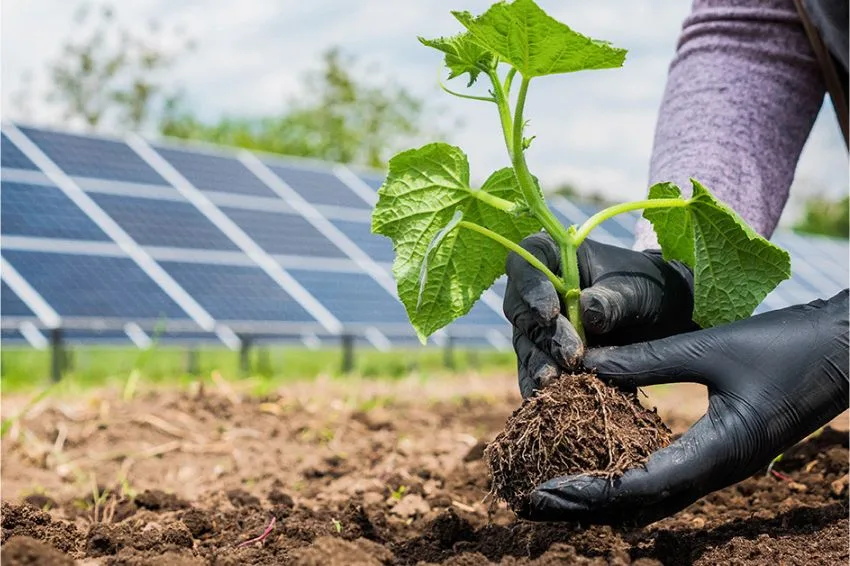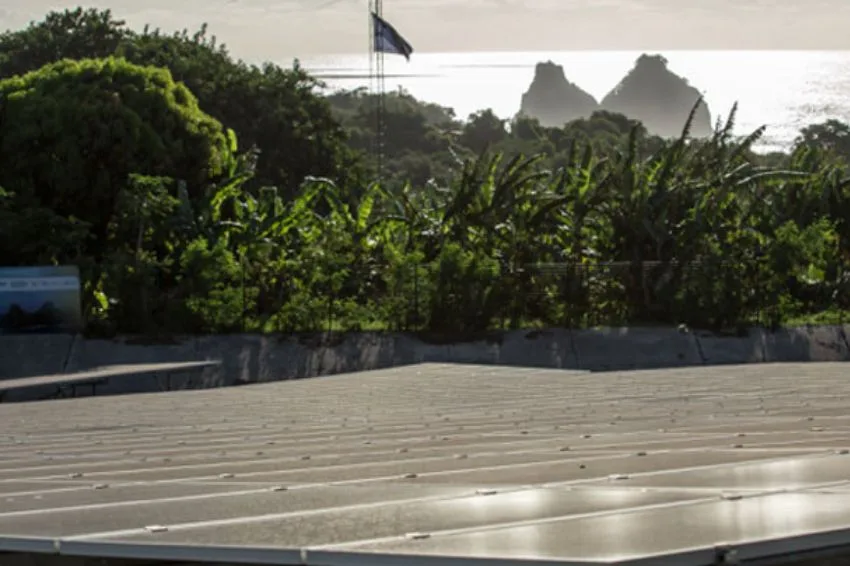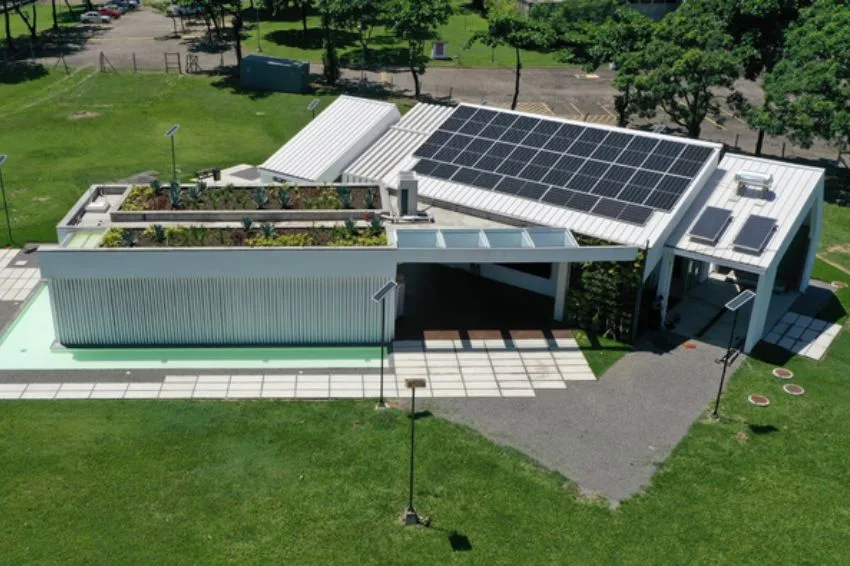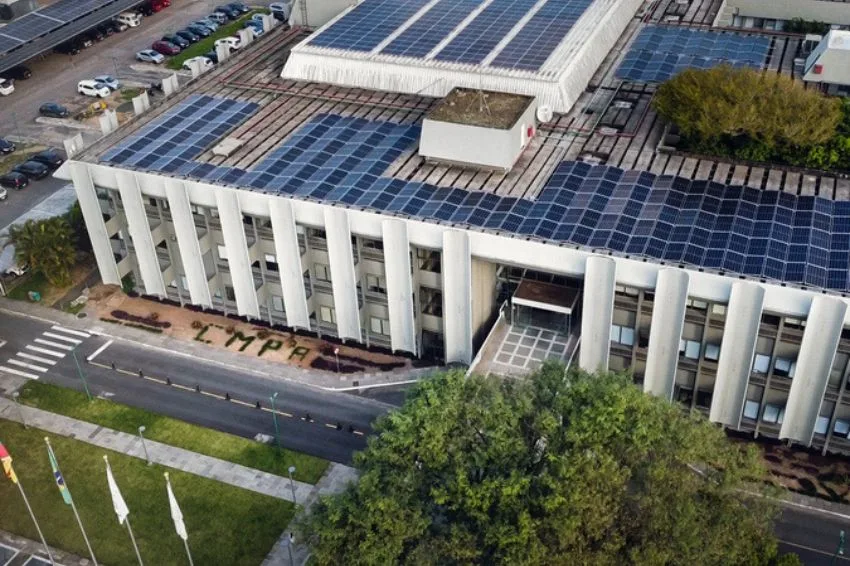A PepsiCo, one of the largest food and beverage manufacturers in the world, announced the installation of OPV panels (organic photovoltaic films) in more than 250 trucks. The initiative is in line with the company's goals, which foresee the reducing greenhouse gas emissions, globally, in 40% until 2030. The value of the investment was not disclosed.
“We have robust goals in our ESG strategy, and we are investing heavily to achieve them. Our team seeks partnerships and jointly develops solutions so that we can accelerate these transformations and reduce our impact on the environment and even regenerate it. We wanted an innovative solution that used clean energy to support us in the decarbonization of the fleet, and we are happy to deliver this solution”, said Paulo Quirino, vice president of operations at PepsiCo Brazil.
With the help of solar panels, part of the fuel that would be consumed by trucks will now be replaced by clean energy, captured through photovoltaic modules installed on the roof of vehicles and manufactured with a technological film that is lighter, more efficient (in relation to project already in force at PepsiCo) and provides constant battery recharging, even when the vehicle is turned off. In this way, the system, called ORENgE®, will contribute to further reducing the company's carbon footprint in its logistics operations.
The technology was developed in partnership with Sunew, a Brazilian manufacturer of organic solar panels (OPV). “The carbon payback of OPV film is less than 100 days, compared to several years for traditional solar panels, and 30% performs better in automotive applications,” reported Felipe Travesso, managing partner at Sunew. OPV film is the third generation of solar cell technology, it is semi-transparent, lightweight and flexible, using carbon-based organic synthetic materials.
The installation of the OPV modules in the PepsiCo fleet trucks was carried out by Facchini. The company installs plug-and-play kits for three vehicle models used by PepsiCo in its operation and has the ability to adapt the system to suit any model used.


